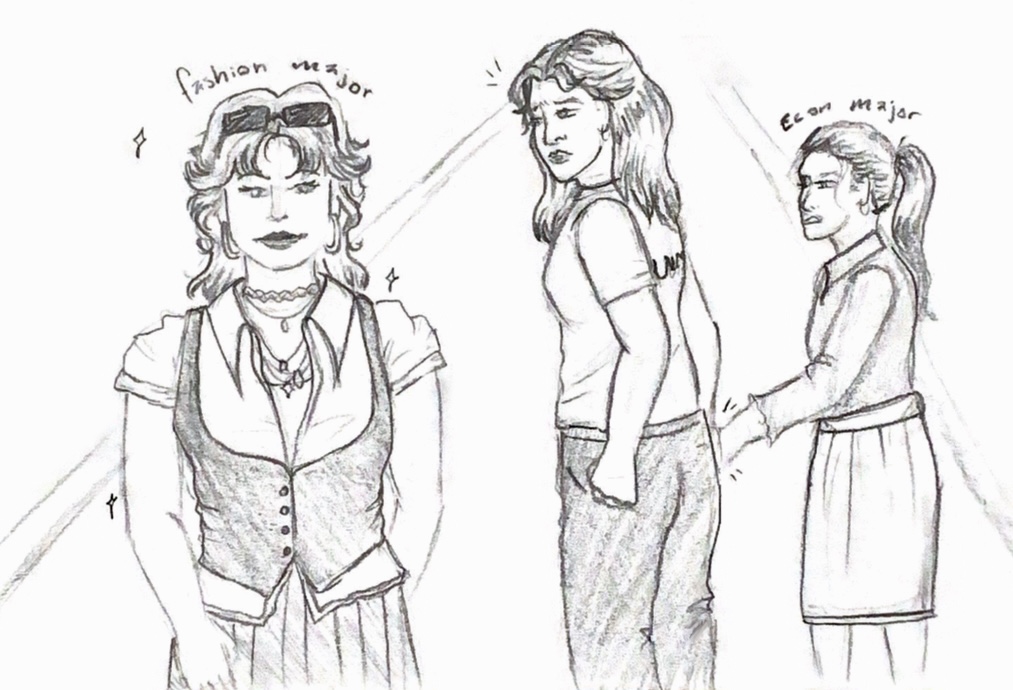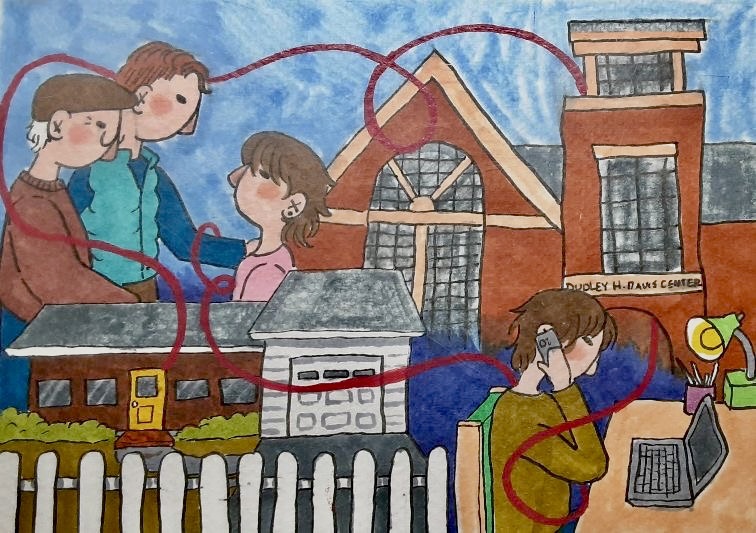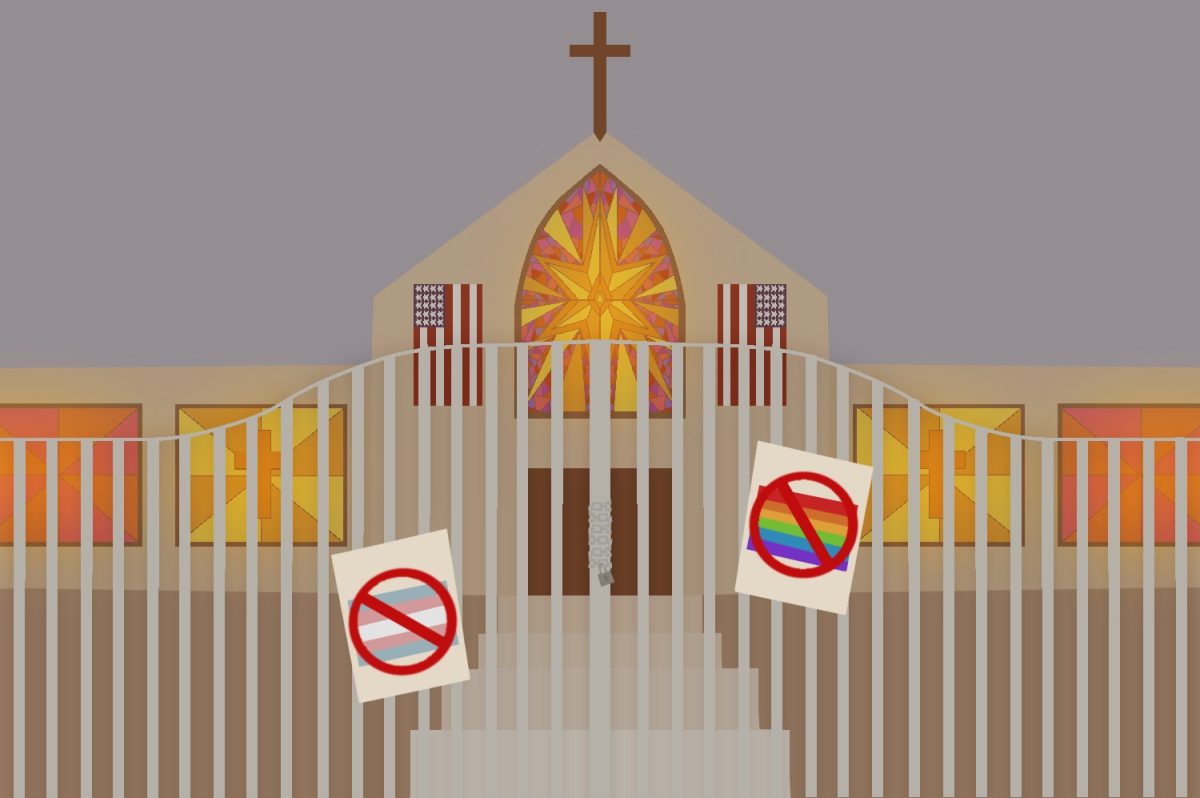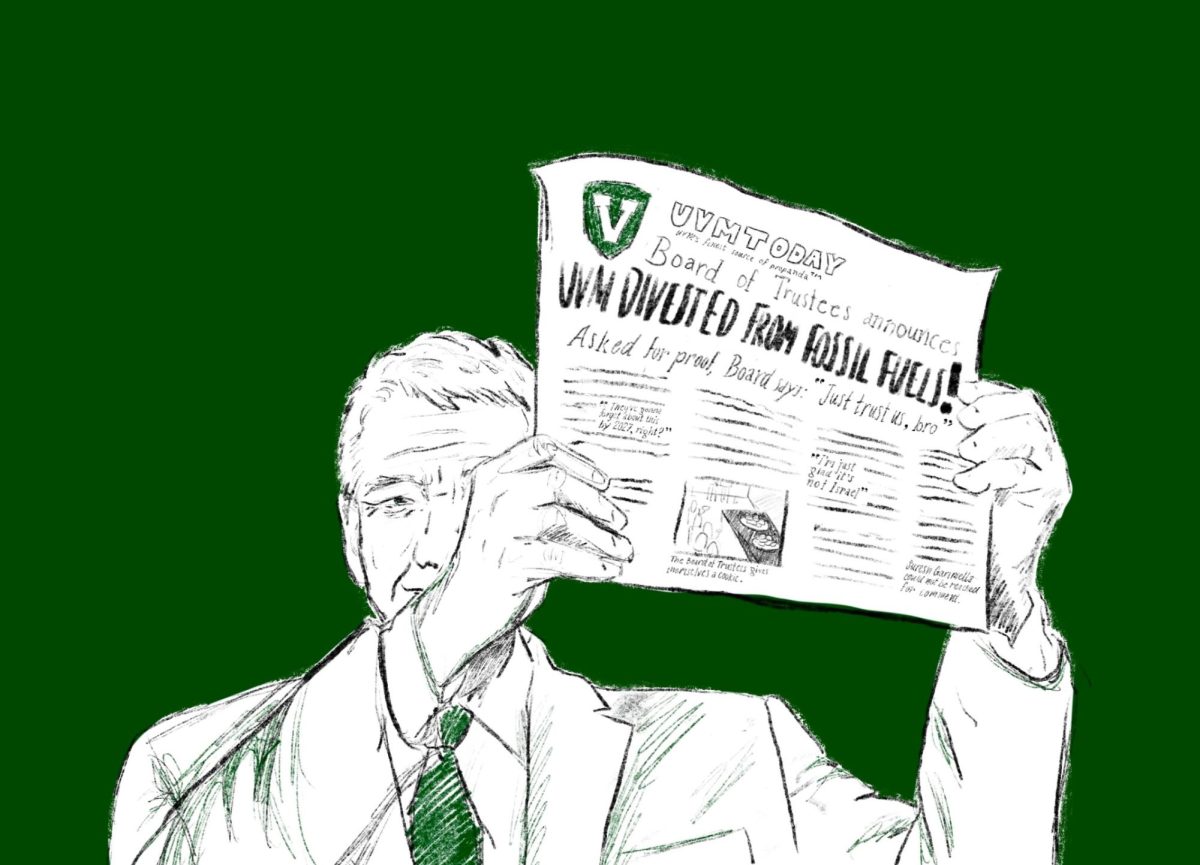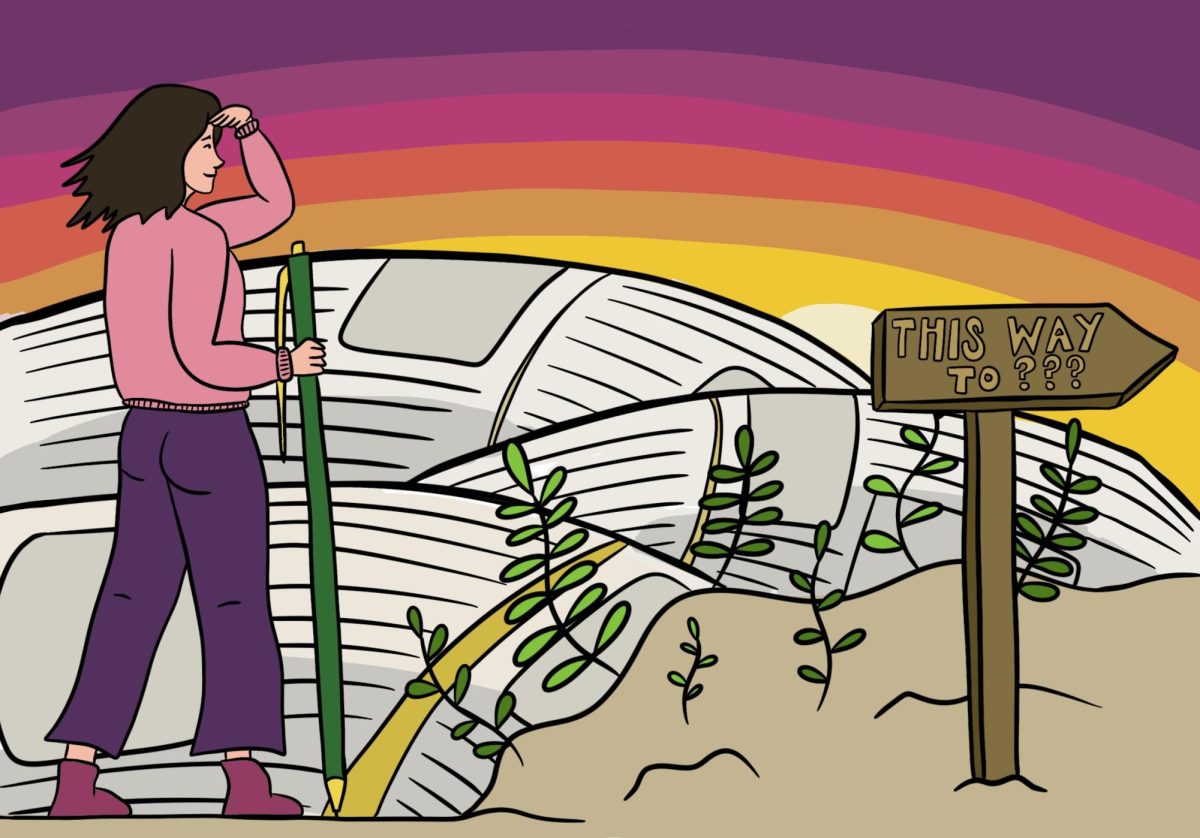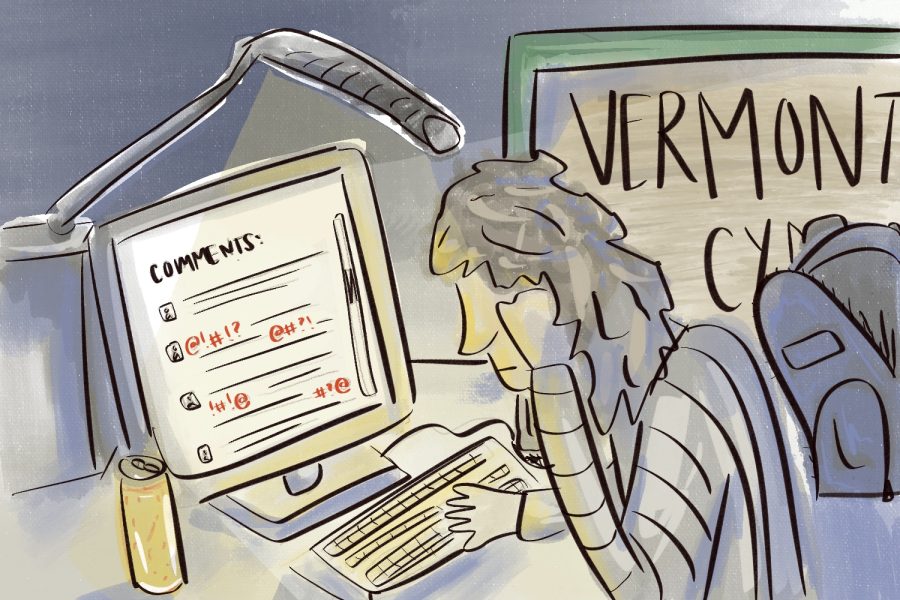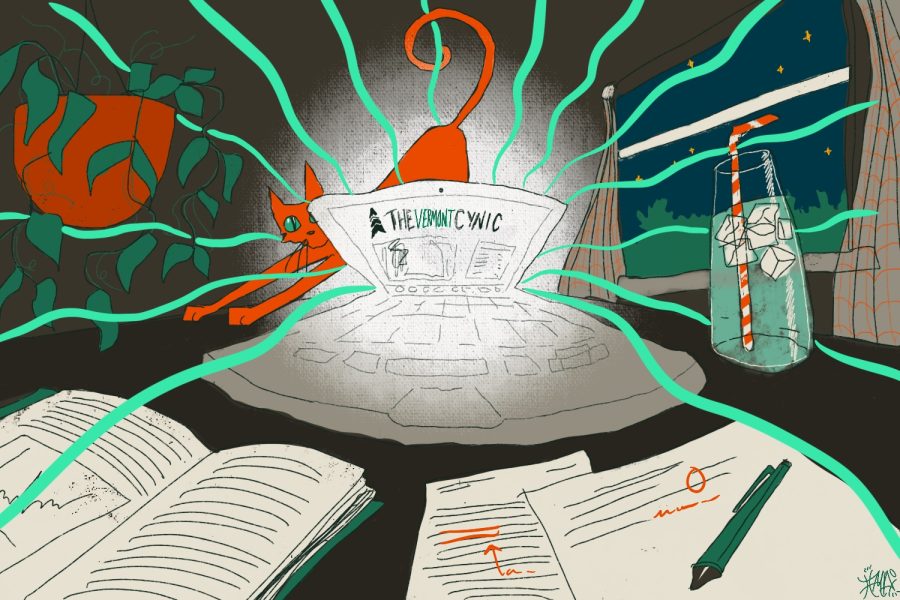Class registration is, arguably, one of the most stressful times of the semester for students. Between trying to navigate the ever-confusing CATS report, avoiding dreaded 8:30 a.m. time slots, attempting to fulfill graduation requirements and participate in a “Hunger Games”-esque competition for slots at 7 a.m., there’s not much to be desired.
There is no doubt both the advising system and registration process can, and should be reformed.
[media-credit name=”DAVID BERNIER” align=”alignnone” width=”300″] [/media-credit]
[/media-credit]
Some students claimed they weren’t able to register for classes required for their major, because other students registered as an elective. Students should not be struggling to register for classes that are required for their major, and for them to graduate on time.
This semester, the registration process was even more anxiety-inducing for some sophomores who were faced with a 10-minute “slow down” in the registration system, according to registrar Keith Williams.
Considering the fact registration already begins so early, at 7 a.m., it’s extremely inconvenient for the system to not even work when students go to register for classes.
There are understandable technical difficulties that are, for the most part, out of human control and inevitable. Even so, this recent chaos is just an example of how stressful the entire process is for students, and how the system must change.
A new peer advising initiative to be implemented as early as next year is something that could possible provide a least a slight decrease in the stress of registration.
The initiative will pair groups of 10 first-years with an upperclassman of the same major as early as orientation. SGA and the administration are hoping the program will also help keep students at UVM, SGA President Jason Maulucci said.
Peer adviser training will focus not only on how to give appropriate academic advice to new students, but also how to handle the emotional issues which often accompany transitioning into new settings and difficult classes, said Brian Reed, the associate provost for teaching and learning.
Provost David Rosowsky recently announced changes will be made in order “to create a positive, seamless academic and co-curricular student experience” for first-years. Along with the peer advising center, this will include the addition of a first-year course focusing on the transition from high school to college.
The Peer Advising Center will be a part of a new Academic Success Center which will bring together the orientation program, a new first-year experience program, tutoring services and the new advising center.
The new first-year initiative and peer advising center may not solve all of the stress registration causes students- but it’s certainly a start.
As it stands-the registration process is not easy to comprehend, user friendly or fair for all students. Getting into the requirements you need to graduate shouldn’t be as difficult as it currently is for some students.


